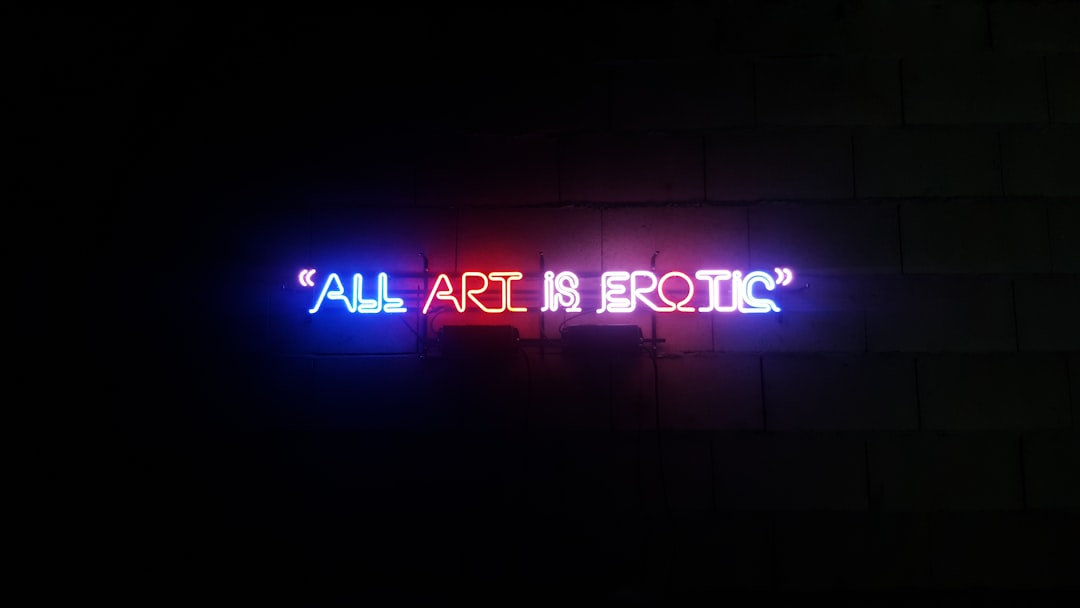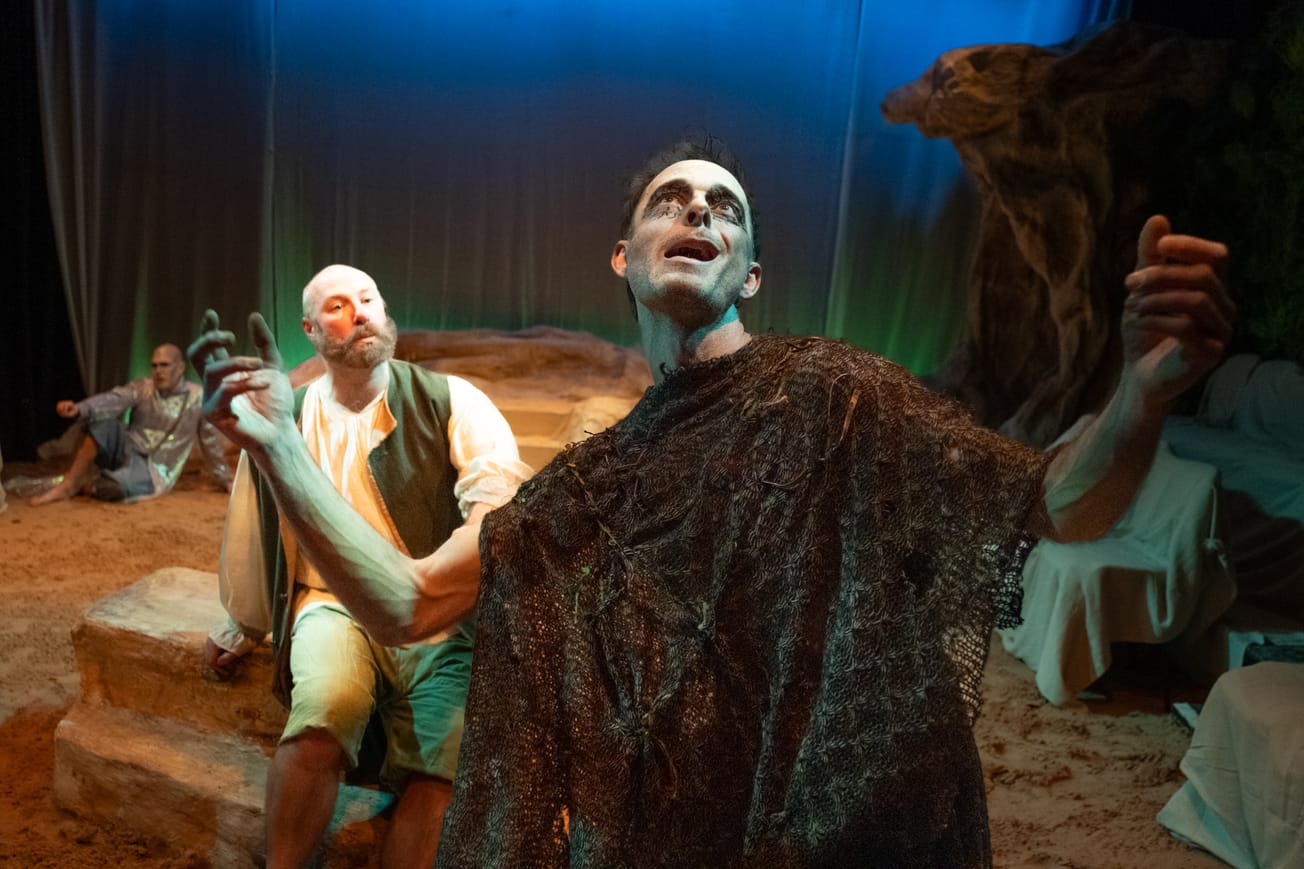Bryony Chellew makes the case for erotic literature being an art of substance, this Valentines day.
Sexuality has been a highly scrutinised and also historical aspect of world culture, forming the basis for a number of philosophies, religions, and works of art, which are still translated onto the pages of today.
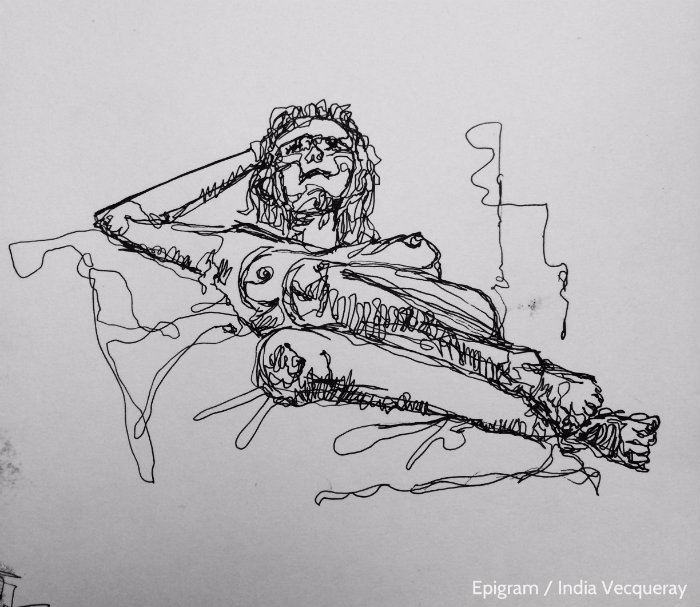
From Sappho’s Ode to Aphrodite, to one of the first mainstream erotic series, 50 Shades of Grey, erotic literature has a colourful and lengthy timeline that allows us to observe and connect to the ideologies, peoples, and desires of humanity’s past.
Far from being just a form of pornography before the widely accessible porn industry, erotic literature has been a pivotal cultural catalyst throughout the 20th century, establishing many of the foundations our society is now built upon. The western canonical transformations undergone in the 20th century are largely responsible for our current access to freedom of speech and expression.
Everybody has a naked form, a libido, a sexuality
The trial of Allen Ginsberg’s revolutionary poem 'Howl', originally criminalised for its sexualised and unashamedly explicit content, functions as so much more than just emotionless, titillating porn.
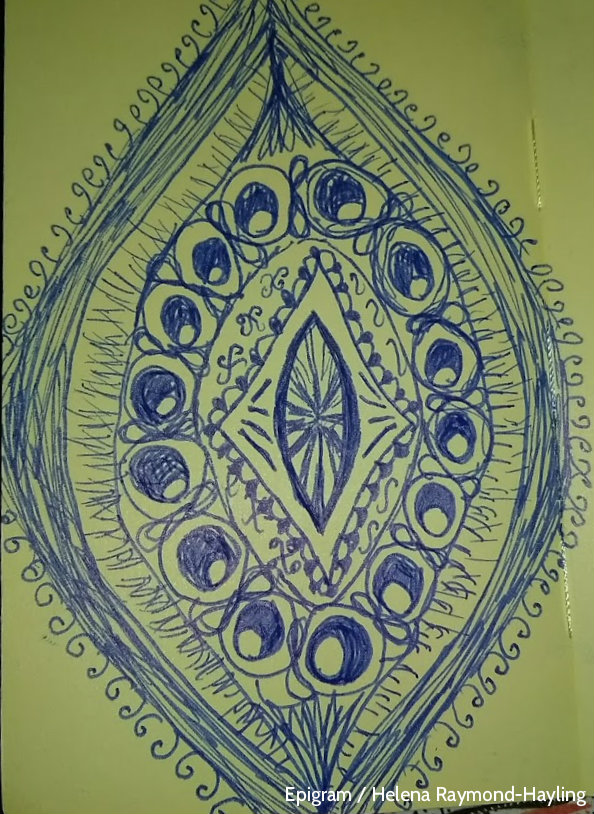
In Ginsberg’s case, his erotic poem became a literary cornerstone; his ‘cocksucker’s, ‘cunt’s and ‘cock and endless balls’ may seem vulgar, and it was for these very additions to the poem that led to Howl becoming infamously placed on trial for obscenity.
Henry Miller’s Tropic of Cancer and D.H Lawrence’s Lady Chatterley’s Lover...central pieces of the 20th century canon- and all are terribly, delightfully filthy.
The trial of 1957 attracted widespread mainstream media coverage, and the publicity of such a trial - and such a poem - became so entwined with popular culture that Howl’s eventual acquittal then gave way for a number of previously censored books to be given publication, such as Henry Miller’s Tropic of Cancer and D.H Lawrence’s Lady Chatterley’s Lover. All are now seen as classics, as central pieces of the 20th century canon- and all are terribly, delightfully filthy.
erotic literature creates a space where even the most controversial or unorthodox of kinks are shown through a filter of consideration and appreciation
Perhaps the reason erotica is so much more than just sheer titillation is because it is a form of art that uses a basis almost everybody can- or will, at some point- relate to. Everybody has a naked form, a libido, a sexuality; using this as a basis for art arguably just makes art more accessible to all, as opposed to the educated few. Establishing a grounding for mutuality not only widens art’s accessibility, but also helps to lessen the prudish social stigma surrounding eroticism and sex in general.
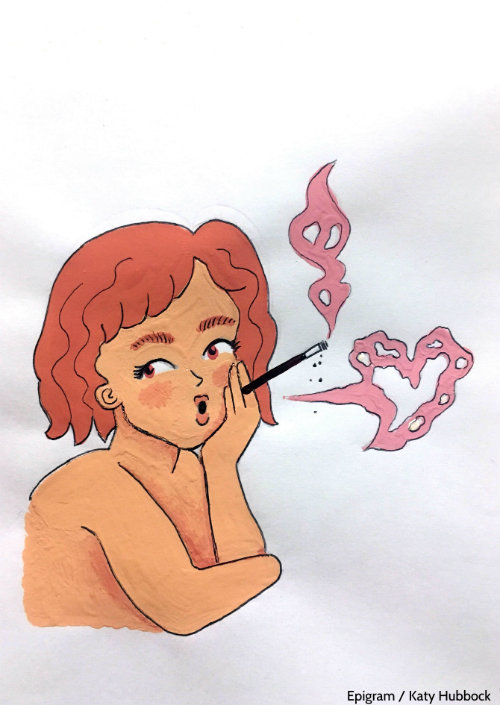
Extending on this, erotic literature creates a space where even the most controversial or unorthodox of kinks are shown through a filter of consideration and appreciation- they are given a space through which they can be explored, observed, scrutinised. In this sense, erotica allows for both clarity for the curious, and perhaps consolation for those sharing the sexual desire they find themselves reading about.
Writing and reading erotica provides a good, healthy and non-harmful outlet for exploring sexuality through an artistic medium.
From Nabokov’s Lolita to Gaitskill’s Bad Behaviour, erotica allows us to discover more about the complexities of humanity and human desire through an art form which provides more validation and humanity than the sensationalised pornography of the internet.
[Cleland] focuses on the sensuality and femininity of sex, as opposed to sexual expression focused on a masculine domination.
The isolation that can often come with sexual uncertainties is perhaps, for a moment, lifted when reading about desires and sexual hangups similar to those experienced personally. Writing and reading erotica provides a good, healthy and non-harmful outlet for exploring sexuality through an artistic medium.
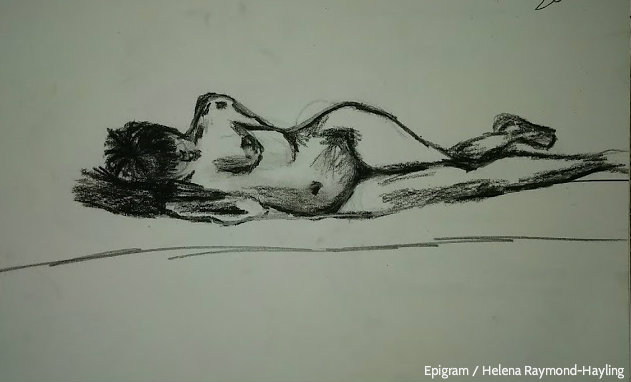
In addition to this, despite the gender imbalance of the literary canon, women and female sexual enjoyment is given much more of a space to thrive in erotic literature, which polarises the often male-centric nature of most popular mediums of pornography today.
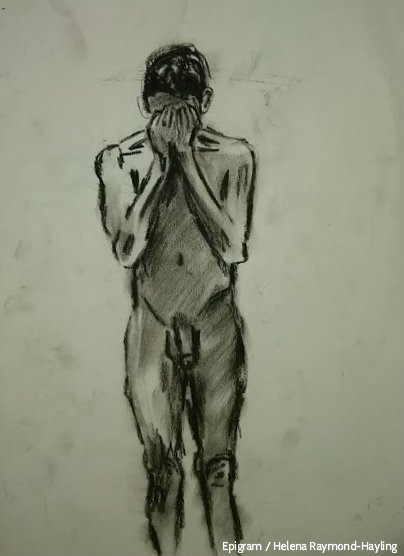
Cleland's 17th century novel Fanny Hill: Memoir’s of a Woman of Pleasure focuses entirely on the female protagonist discovering her own sexuality. Told entirely from a first person narrative, the sexual encounters are told from female-only perspectives, and focuses on the sensuality and femininity of sex, as opposed to sexual expression focused on a masculine domination.
erotic work ... can often provide consolation to the sexual validity of women as well as men.
The poetry of Sappho, one of the first female poets and also one of the first female poets to write about female homosexuality, shows the early establishment of eroticism and homoeroticism within literature, and illustrates that sexuality has been entwined with literature since the 3rd century BC (and most likely long before).
‘sex is at the heart of his writing’ purely ‘because it is at the heart of life’.
In the current climate where male desire frequently takes precedence over female enjoyment- ‘feminist porn’ is a novelised category on most porn websites- the works of writers like Anne Desclos, a french writer whose erotic work was also originally banned on the grounds of obscenity, or Sappho can often provide consolation to the sexual validity of women as well as men.
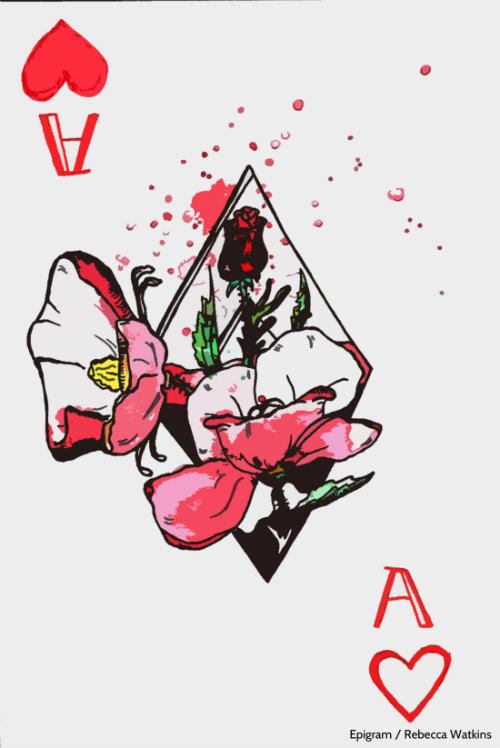
Erotica has often been criticised for lacking any kind of actual artistic merit, and relying merely on a narrative of explicit promiscuity. Despite the vast societal and canonical transformations that have undoubtedly come about as a result of erotic literature, its function as a focus on sexuality is also artistically valid; as Miller argues, ‘sex is at the heart of his writing’ purely ‘because it is at the heart of life’.
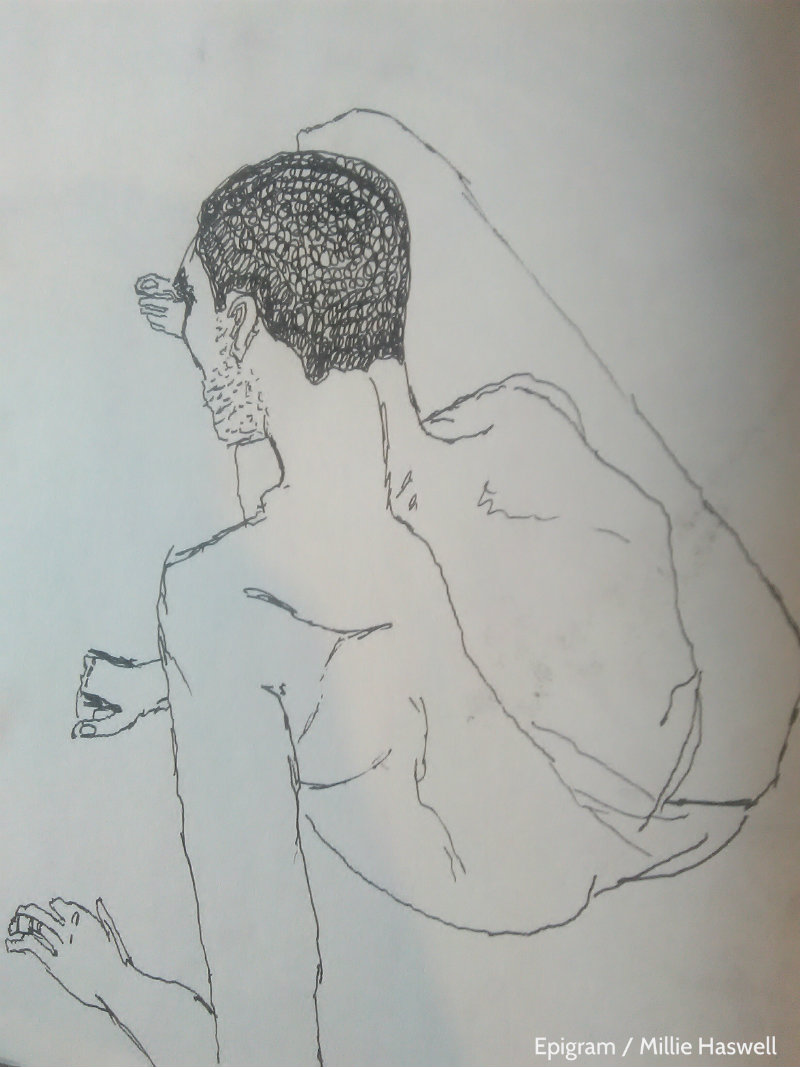
What are your thoughts on erotic fiction? Let us know in the comments below or on social media


